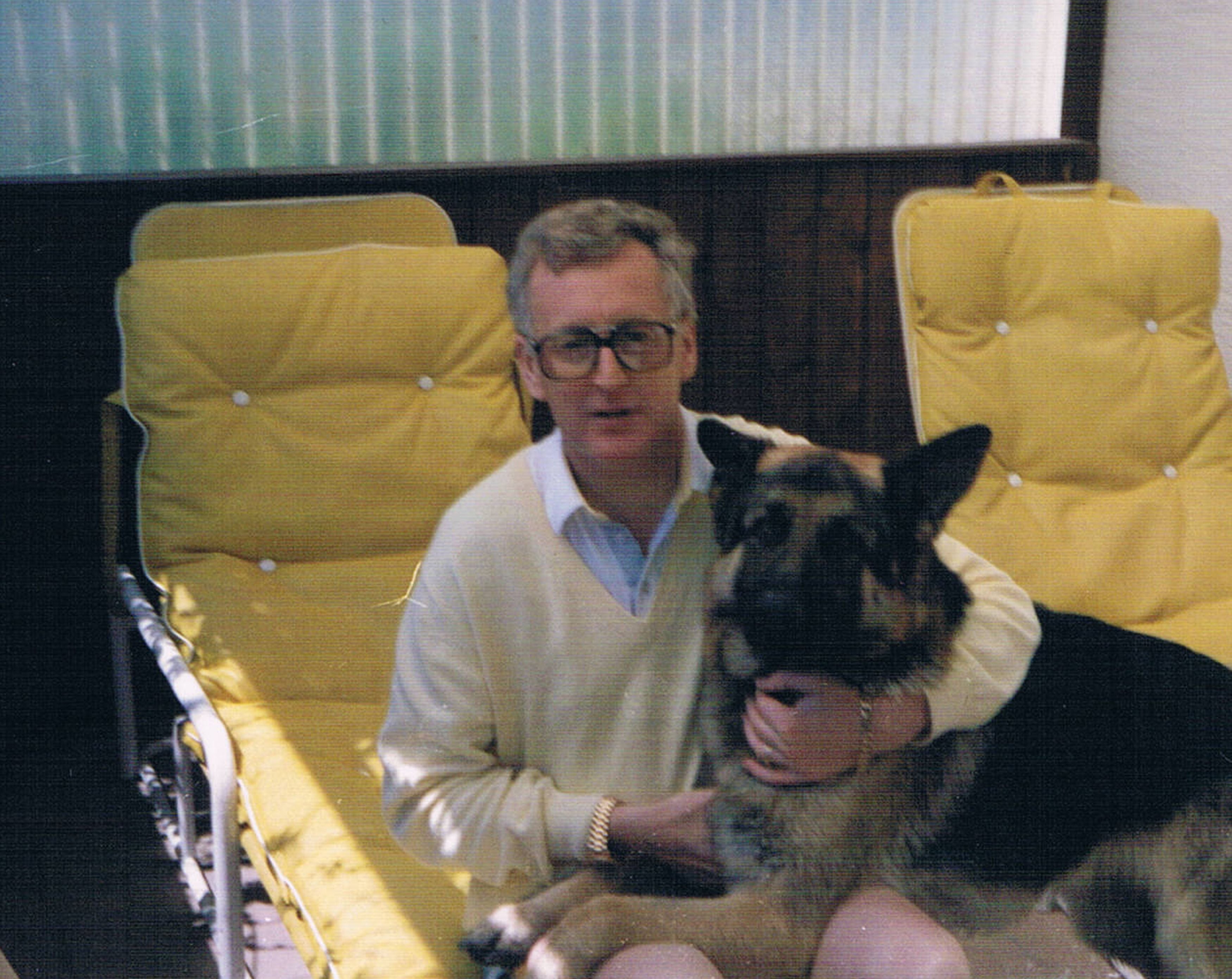MoJ ‘deeply sorry’ after murderer’s parole dates given to paper before family
Russell Causley, who has never revealed where he hid the body of his wife Carole Packman, is next due to face the Parole Board in October.

Your support helps us to tell the story
From reproductive rights to climate change to Big Tech, The Independent is on the ground when the story is developing. Whether it's investigating the financials of Elon Musk's pro-Trump PAC or producing our latest documentary, 'The A Word', which shines a light on the American women fighting for reproductive rights, we know how important it is to parse out the facts from the messaging.
At such a critical moment in US history, we need reporters on the ground. Your donation allows us to keep sending journalists to speak to both sides of the story.
The Independent is trusted by Americans across the entire political spectrum. And unlike many other quality news outlets, we choose not to lock Americans out of our reporting and analysis with paywalls. We believe quality journalism should be available to everyone, paid for by those who can afford it.
Your support makes all the difference.The Ministry of Justice (MoJ) has apologised after a murderer’s parole dates were given to a newspaper before the victim’s family.
Russell Causley, now in his late 70s, was convicted of murdering his wife, Carole Packman, in 1985 and handed a life sentence.
He was freed from prison in 2020, after serving more than 23 years for the murder, but was returned to jail in November last year after breaching his licence conditions.
Neil Gillingham, the grandson of Causley and Ms Packman, said the family have been seeking confirmation of the details for Causley’s latest parole hearings for several weeks.
But the Parole Board first confirmed them with the Bournemouth Daily Echo newspaper at the end of June.
In a statement, an MoJ spokesman said: “We are deeply sorry for the distress this has caused Carole’s family and are working closely with the Parole Board to make sure this kind of error doesn’t happen again.”
Causley, who has never revealed where he hid Ms Packman’s body, is next due to face the Parole Board in October.
It could be one of the first parole hearings to take place in public, following an application from Mr Gillingham, who does not want his grandfather to be released.
Mr Gillingham told the PA news agency that it took the Parole Board until Tuesday to tell the family why his grandfather had been taken back into custody in November – information they had been seeking for months in order to prepare suitable parole statements.
He also criticised the Parole Board over its handling of the application for a public hearing as well as the process for the family to make submissions for the hearing.
Speaking on Wednesday, he said: “I cannot accept their apology and ask for nothing but to see them demonstrating that they are taking the feedback on.”
“There’s just a lack of transparency, a lack of consideration, a lack of sensitivity,” he added.
“Simultaneously, I’ve got my grandfather that’s using the Parole Voard as a vocal platform to access my mother and I legitimately to change his account of how he murdered our loved one,” he said, adding that this has compounded the psychological distress caused to himself and his family.
In 10 weeks' time, they're going to release a convicted wife killer. Fact. It's going happen, I've accepted it. But other people need to get behind my mother and I, because, if they don't, he's going to live next door to you
Mr Gillingham said he wants a public parole hearing to draw attention to what he sees as the failure of legal changes designed to make it harder to release killers who refuse to reveal the whereabouts of victims’ bodies.
“In 10 weeks’ time, they’re going to release a convicted wife killer. Fact. It’s going happen, I’ve accepted it,” he said.
“But other people need to get behind my mother and I, because, if they don’t, he’s going to live next door to you.”
He added: “Seriously, with how they treat my family, it’s just absolutely diabolical.”
The application is the second to be received by the Parole Board requesting a public hearing after a rule change last month to allow members of the public and the media to observe proceedings.